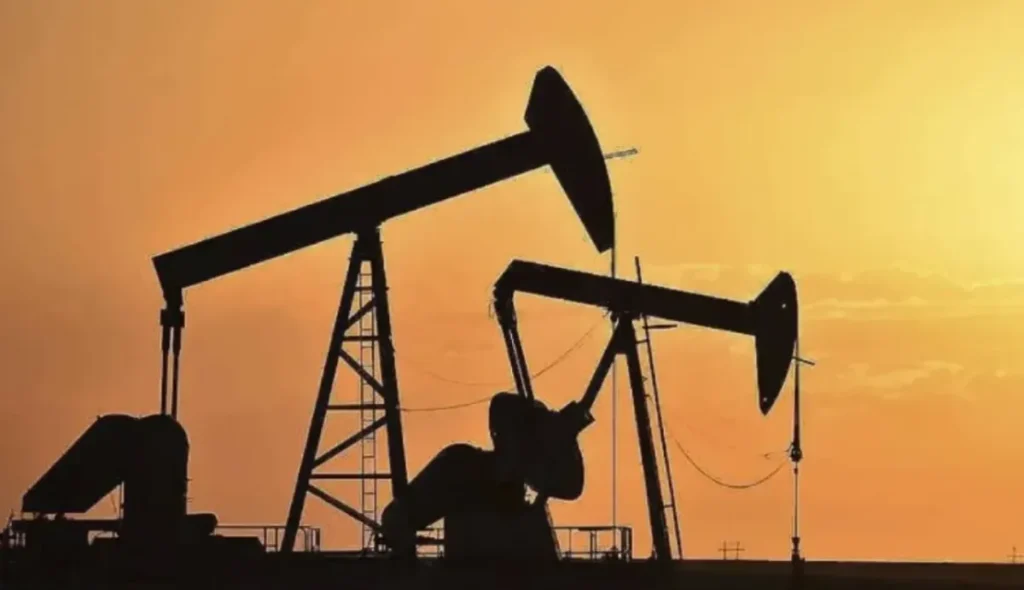Oil prices were slightly higher on Tuesday as investors assessed expectations that OPEC+ will announce an output hike for August at an upcoming meeting as well as trade negotiations. Brent crude was up 54 cents, or 0.8%, to $67.28 a barrel at 1133 GMT, while US West Texas Intermediate crude was up 56 cents, or 0.9%, to $65.67 a barrel.
The market’s main focus is the 411,000-barrel-per-day production hike that OPEC+ is expected to announce for August in a meeting on July 6, said Saxo Bank analyst Ole Hansen, adding that this was partially offset by potential trade deals improving the demand outlook.
“The market is now concerned that the OPEC+ alliance will continue with its accelerated rate of output increases,” ANZ senior commodity strategist Daniel Hynes said in a note. Four OPEC+ sources told Reuters last week that the group – comprising OPEC and allies including Russia – plans to raise output by 411,000 bpd in August, following similar hikes in May, June, and July, Reuters reported.
If approved, this would bring OPEC+’s total supply increase for the year to 1.78 million bpd, equivalent to more than 1.5% of global oil demand.
Investors are also watching trade negotiations ahead of US President Donald Trump’s tariff deadline of July 9. US Treasury Secretary Scott Bessent warned that countries could be notified of sharply higher tariffs despite good-faith negotiations as a July 9 deadline approaches, when tariff rates are scheduled to revert from a temporary 10% level to Trump’s suspended rates of 11% to 50% announced on April 2.
The European Union wants immediate relief from tariffs in key sectors as part of any trade deal with the US due by the July 9 deadline, EU diplomats told Reuters.
Morgan Stanley expects Brent futures to retrace to around $60 by early next year, with the market being well supplied and geopolitical risk abating following the Israel-Iran de-escalation. It expects an oversupply of 1.3 million bpd in 2026.
A 12-day war that started with Israel targeting Iran’s nuclear facilities on June 13 pushed up Brent prices. They surged above $80 a barrel after the US bombed Iran’s nuclear facilities and then slumped to $67 after Trump announced an Iran-Israel ceasefire.



